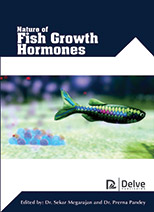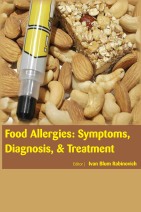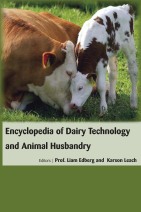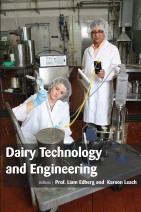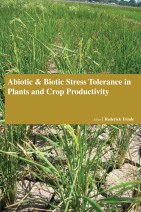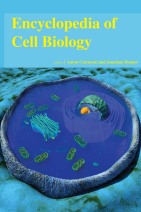Tab Article
Dr Sekar Megarajan graduated in fisheries science, and then obtained master degree in Fish Genetics and Biotechnology and PhD in Fish Nutrition and Biochemistry with specialization in fish molecular endocrinology from Central Institute of Fisheries Education (CIFE), India. He worked for two years with Transasia Bio-Medicals Ltd, Mumbai in the area of immunology for development of diagnostic kits for human infectious disease and joined Indian Agriculture Research service in 2013 as a scientist. He currently works as scientist in mariculture division at Central Marine Fisheries Research Institute, Cochin, India. Dr Megarajan has been working on breeding, seed production and culture of high value marine finfishes. He has published more than 10 research papers in peer valued journals in the area of fish population genetics, molecular endocrinology and fish culture. Dr Prerna Pandey, a biotechnologist with several years of wet lab research experience, worked at International Center for Genetic Engineering and Biotechnology, New Delhi. Her field of research in PhD included isolation and molecular characterization of geminiviruses, genome sequencing, gene annotation, and gene silencing using the RNA interference technology. She has also worked at Transasia Biomedicals and Advance Enzyme Technologies as a scientist. Prerna has published papers in peer-reviewed journals, and has submitted a number of annotated Geminiviral genome sequences in the GenBank, including two novel ones. She has also completed her editing and proof-reading courses from Society for the promotion of Editors and Proof-readers, UK and now works as a freelance scientific editor and writer. When Prerna is not busy with her assignments, she loves to explore historical places.

